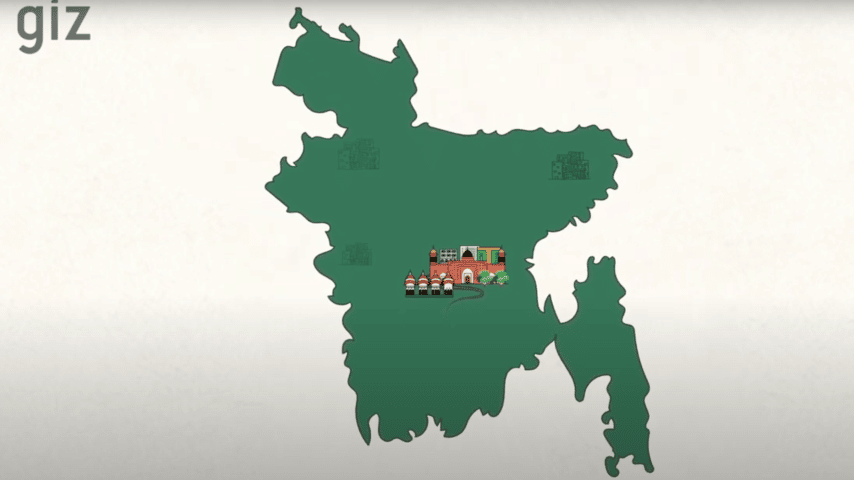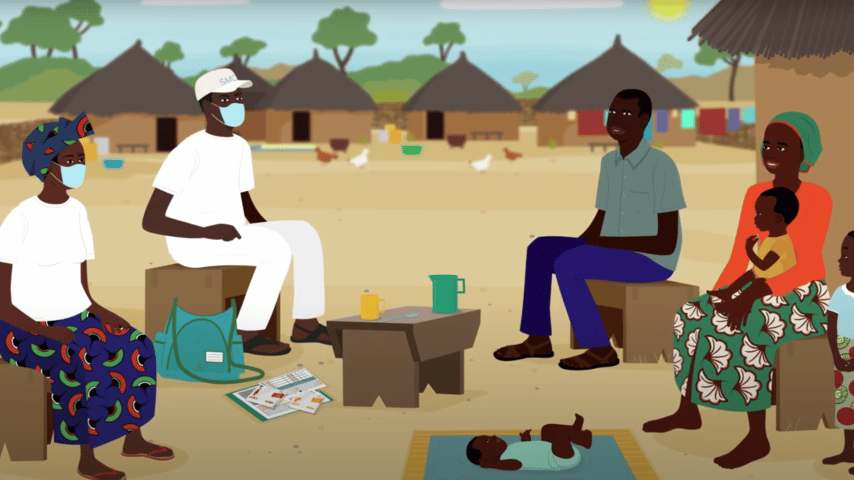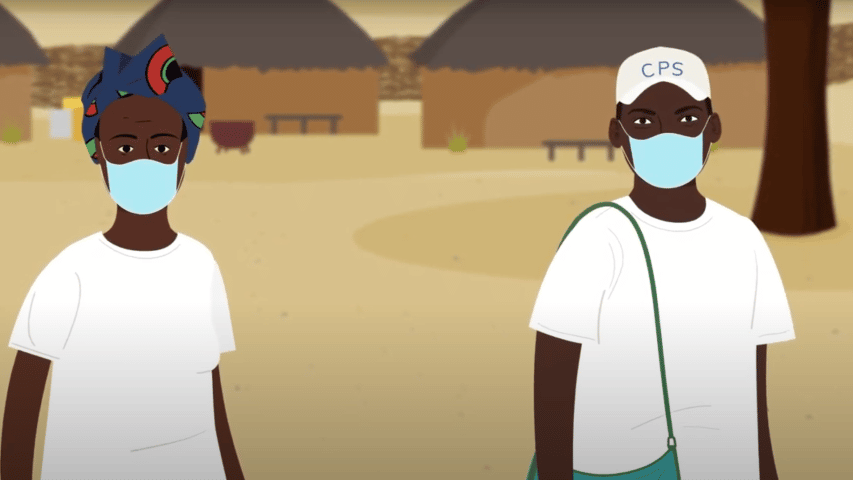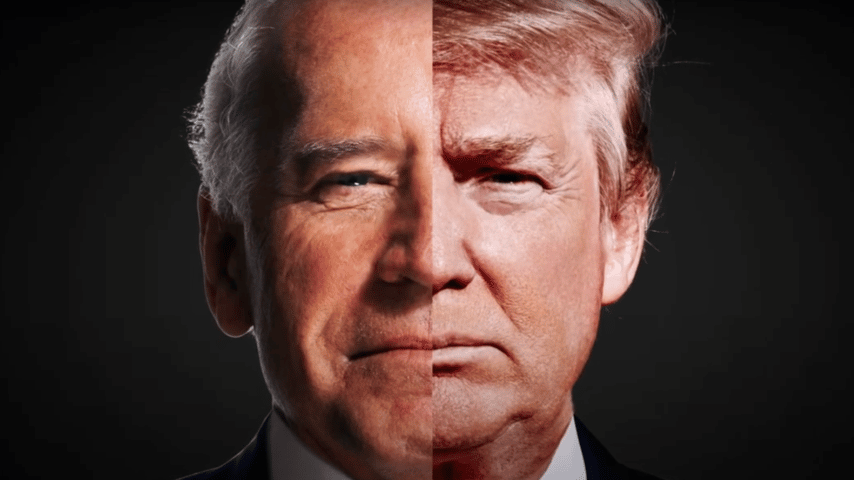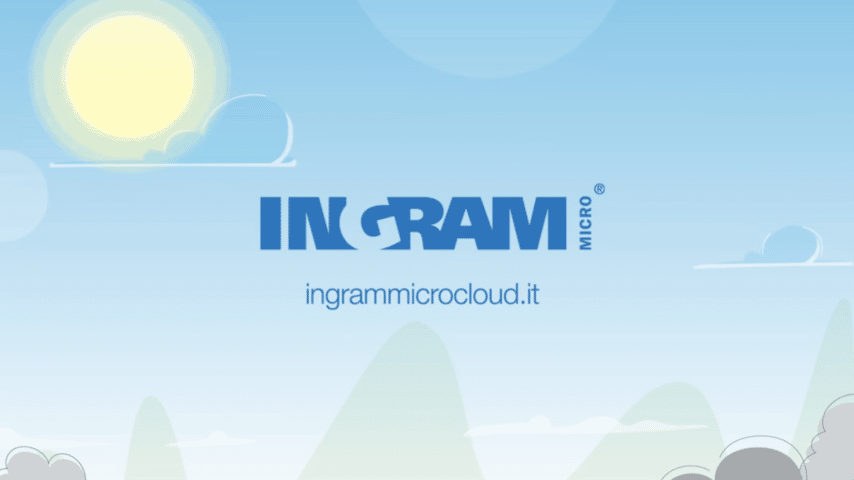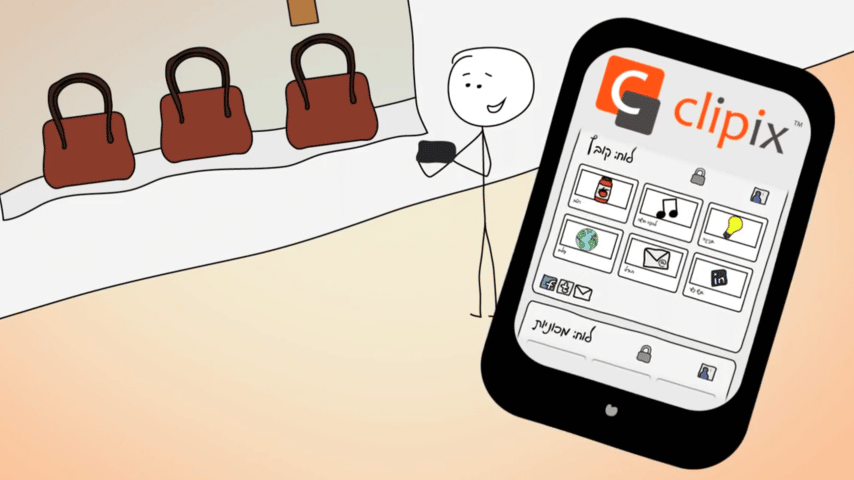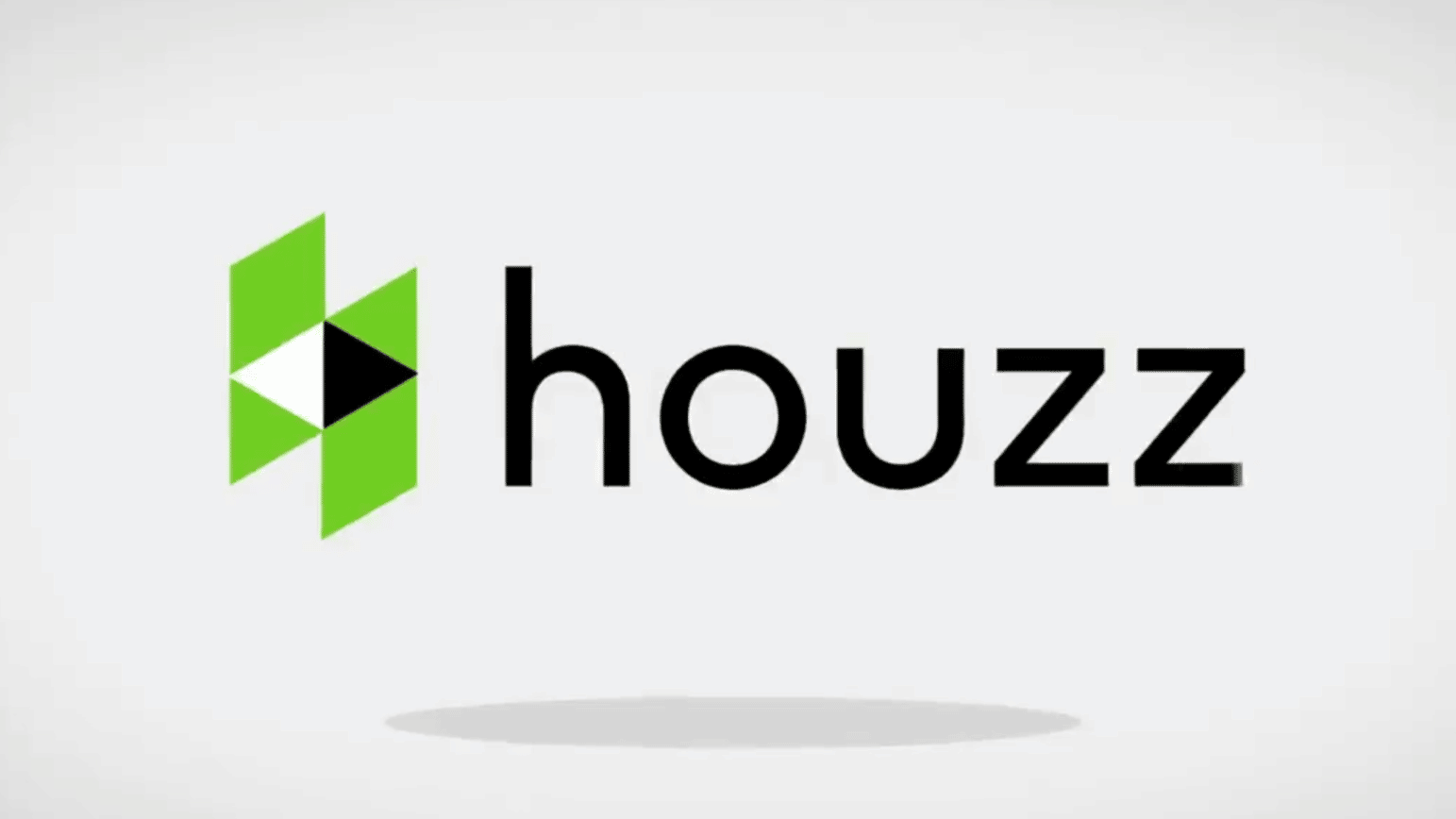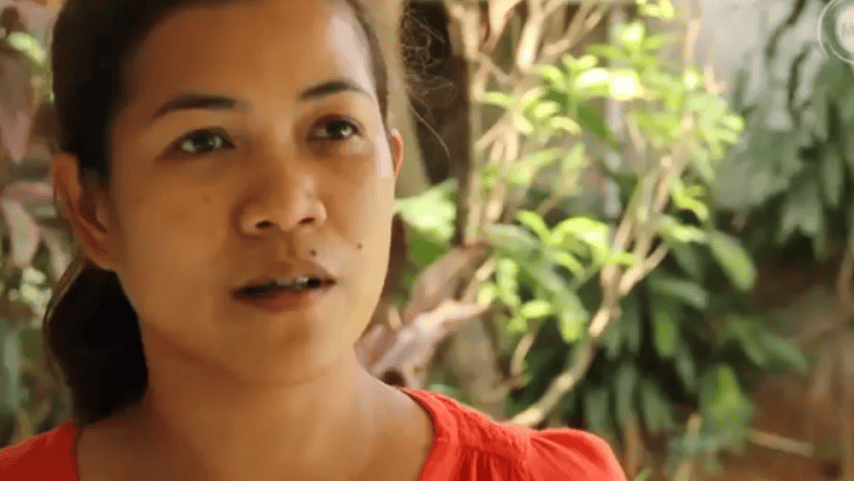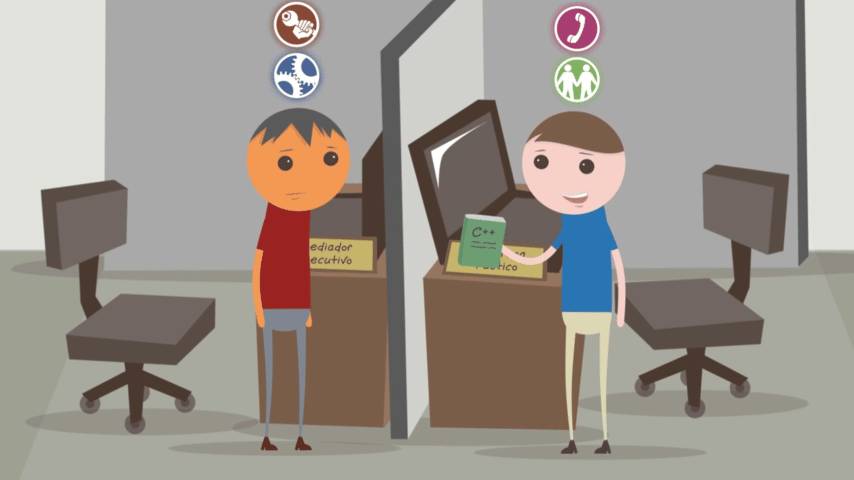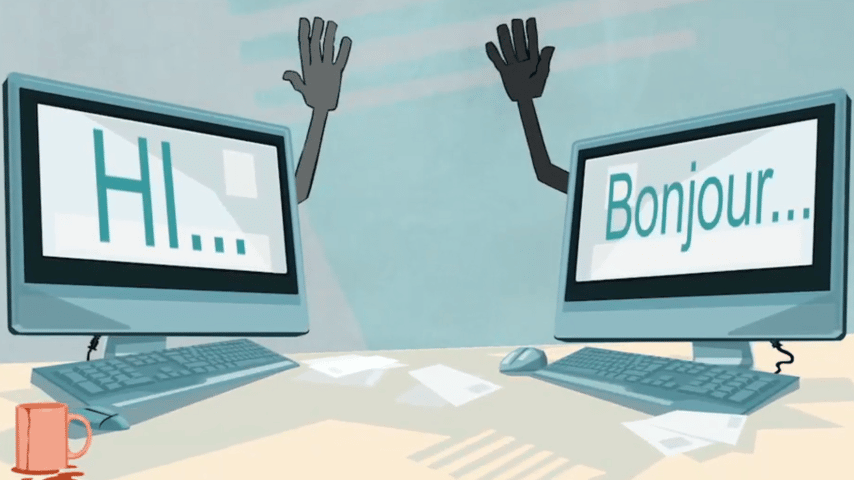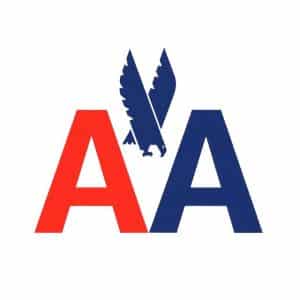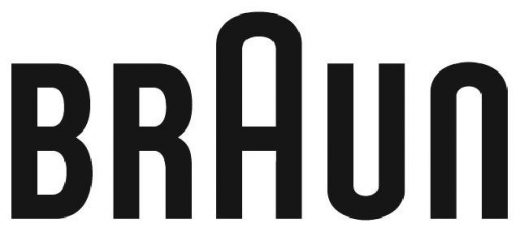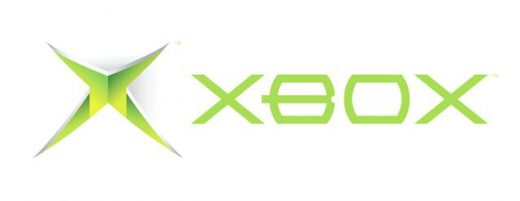French Canadian Voice Over Agency

You deserve the best! Leave your project to the experts at GoLocalise so that you can relax and be assured of getting top-notch results. Every single detail will be analysed, studied and looked after so that you do not need to worry. Some would say it’s not too classy to blow our own trumpet… but we just like to point out two very important details.
We have achieved ISO 9001 Quality Management certification in recognition of our consistent performance and high standards, and ISO 14001 Environmental Management because we care about our planet! And if you are still curious and want to know more about us, why not have a look at our studio page.
Learn more about our Voice Over Services
Let's get started!
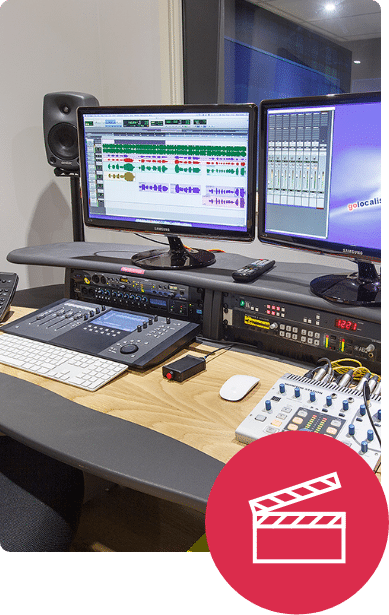
Working alongside translation & production companies
Having a strong audiovisual department on your side makes all the difference!
With GoLocalise you get an experienced and motivated team of professionals that work regularly alongside translation and production companies. We understand the technical requirements necessary to produce perfect foreign language and English voice overs. Our project managers will assist you along the way and we’ll break down the process and present it to you without the big words or technical industry jargon, so you don’t need to worry about the technical aspects and can simply concentrate on growing your business. By working with GoLocalise you’ll be able to offer additional services, i.e., voice over, subtitling and translation to your clients, with a partner who will deliver and on whom you can truly rely.
When working with translation companies we provide easy-to-follow guidelines so that you can provide your own translations for us to “convert” into subtitles, or voice over your translated scripts. Or if you prefer, we can take the entire project off your hands and keep things simple for you – it’ your call! We’re equally used to working with production companies, so we can deliver your translations or subtitles in any language and format of your choice – either burning-in the subtitles onto the video for you, or supplying you with XML or PNG files for you to do yourself – Adobe After Effects and Final Cut Pro ready files.
Reach your target market
Don’t leave your important communication to chance. Make sure your message is clearly understood by
your audience and choose GoLocalise for your next voice over project.
We have thousands of passionate and professional voice over artists ready to work with you. No matter the type of voice you are looking for, we’ll either have it in our books or find it and source it for you. We’ll organise a casting and ensure you get the perfect voice to suit your needs.
You will also benefit from having your own dedicated project manager – a single point of contact – to guide you through your project, answer any questions you may have and make things a whole lot easier.
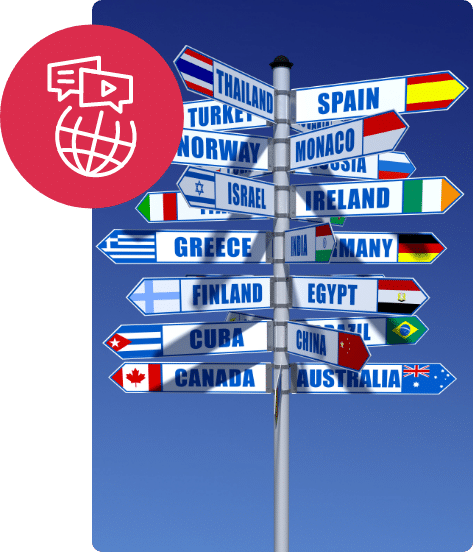

Meet your dedicated project manager
Your project will be in the safe hands of one of our multilingual project managers.
They will guide you through every step and ensure you understand the process. Our industry has a tendency to use lots of technical jargon but your dedicated project manager will be on-hand to untangle the mess and explain all you need to know to ensure you only pay for what you need.
If you need help in choosing the right voice over talent to deliver your message then just ask your project manager. From booking our voice over recording studios to ensuring you project is delivered on time in your chosen media, relax and let your experienced project manager take care of everything. You will receive unparalleled attention to detail and customer focus at competitive prices. You’ll wish everything was as easy as a GoLocalise voice over!
Perfect voice over recording studios
Your most discerning customers will thank you for choosing our modern state-of-the-art recording studios. Every detail has been carefully thought through for your comfort, leaving you to simply focus on what matters most – the voice over session.
Your recordings will sound beautiful and crystal clear thanks to our high-end studio sound-proofing and audio equipment, i.e. ProTools HD and Neumann microphones.
Maximise your budget by reducing the need for retakes with the help of our experienced in-house sound engineers who will professionally capture and edit your audio. And for those recordings in languages which neither you nor your client speak, we’ll bring a qualified pro to your session to add that essential ingredient. To make you feel right at home, we provide high-speed Wi-Fi Internet and air-con is available. And last but not least, we have the biggest cookie jar you’ve ever seen, that’ll make your custom brew taste even sweeter!
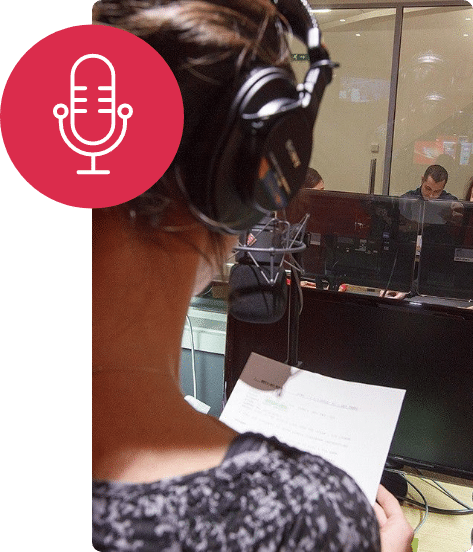
Types of Voice Over Recordings
Want to work with the best? Our dubbing and lip sync services are trusted by leading production companies, marketing and advertising agencies and TV stations from around the world.
We work in English and foreign languages, covering all international markets.
With the wide range of on-demand and online TV channels, we can help take your show, TV series or programme global with the simple addition of an English dialogue track!
Our London dubbing studios offer a full service in script translation and adaptation, casting of the voices, recording and final audio mixing of the shows so that they are ready for broadcast.
Are you looking for a voice over for your corporate video or presentation?
Then you’ve found the right place. At GoLocalise we are committed to ensuring our clients have the right tone to represent their company, service or product and we will work with you to present your message in the best possible way, so that you can impress your clients and prospects.
Once the video has been shot and edited, it’s paramount that the accompanying voice over comes across as knowledgeable about the brand and excited about the company and the services they offer. A bad voice over can make a video fall flat and impact your company’s brand and image.
Promos are a great way to launch a product or service, kick-start a campaign, make a big announcement or to just let people know about your company.
Having a great video is important, but having an engaging voice helps hammer home your message and grab the viewer’s attention.
From deep sexy voices to the “guy-next-door”, no matter what type of promo voice talent you are after, we have what you’re looking for. We are only a call or email away or, if you prefer, visit our get-a-quote page to discuss your project in detail. You can rest assured we’ll find the right promo voice over talent for your project and needs.
GoLocalise is able to provide your company with e-learning translation, localisation and voice over services, leaving you with a ready-to-host product.
You’ll benefit from an expert pool of highly-skilled linguists who have extensive experience in e-learning and a sound understanding of the particular industry sector in which you are dealing.
Our service includes the management of the entire process and delivery of content adapted to foreign markets.
The steps and services involved in any end-to-end e-learning project are: the translation of the course and on-screen text; the localisation of the course graphics; the voice over recording of the course with your preferred voice over talents; and quality control during which the localised course files are reviewed against the original files.
E-learning voice overs can be used for many applications such as training courses, step-by-step instructional and safety videos, technical information, online tutorials and many other informational and educational programmes. Whatever the application, our professional voice over talents can provide you with a clear, concise and accurate narration.
If you need a voice over to narrate your e-learning course or educational product you’ll need someone with the experience, clear diction and stamina to record large volumes of text.
Do you remember when you first started learning a foreign language?
The educational field has seen a transformation in recent years with the introduction of new technologies like smart boards and tablet apps. This transformation is especially evident in the voice over industry.
But we can all agree that the basics are still the same – a clear voice with good diction, a neutral accent, and a slow pace for better comprehension.
And while getting the right voice over talent may seem easy… we can assure you it is not. Many factors must be considered, for example, complicated words, “tongue twister” phrases, over-articulation, contractions, and lazy mouth to name a few.
Don’t leave it to chance, make sure your content is clearly understood by your audience and choose GoLocalise for your next educational voice over project. We have thousands of passionate and professional voice over artists ready to work with you in English or any foreign language.
How many times have you heard a horrible voice while on hold on the phone and felt like you just wanted to hang up?
Did you know that 90% of callers placed on hold, listening to silence, hang up within 40 seconds, and 30% of them never call back?
On-hold messaging or messages on hold is a service used by businesses and organisations of all sizes to deliver targeted information to their callers while they wait on hold or while they are being transferred.
Improve your customer experience, and choose a confident voice with tons of charm, warmth and enthusiasm to properly represent your company. We work with a great variety of companies, translating, adapting, casting the voice over talents and recording the telephone prompts.
Telephone prompts are recorded, cleaned, edited, split and labelled and delivered in the format of your choice, so you do not need to worry about anything!
Video games are not just for entertainment, but they are also used to educate users of all ages while forming strong virtual communities.
We know that the game doesn’t only have to look good and play smoothly, but also has to sound and read just right. That’s why we at GoLocalise provide all our clients with carefully selected linguists, who are not only specialists in the video game field but are also gamers themselves.
We look after every single detail when localising games into foreign languages and always use the latest glossaries for all the current video game platforms, Wii, PlayStation, Xbox, etc. so that terminology and platform word choices are always spot-on.
You’ll benefit from working with a company that provides the whole package under one roof: translation, quality control, testing and voice over services for all types of video games. The voice over process is overseen by language directors, i.e., native speakers who ensure the correct delivery, pronunciation and intonation of the script.
By using the right voices you can keep frustrated players motivated!
Learn more about Voice Over Services
Let's get started!
Voice Over Case Study

Price Match Promise
Challenge Our Prices, Enjoy Our Quality
A Brief History Of French Canadian
Canadian French (French: français canadien) is the various varieties of French spoken in Canada. In 2005, the total number of speakers of French in Canada (including two million non-fluent speakers) was 12,000,000. French is the mother tongue of more than seven million Canadians, a figure constituting around 22% of the national population. At the federal level it has co-official status alongside English. At the provincial level of government, French is the sole official language of Quebec and is one of two official languages of New Brunswick, as well as co-official (derived from its federal legal status) in Nunavut, Yukon, and the Northwest Territories. Government services are offered in French at the provincial level in Manitoba, in certain areas of Ontario (through the French Language Services Act), and to a variable extent elsewhere. New England French, a variety spoken in parts of New England in the United States, is essentially a variety of Canadian French.
Quebec French is spoken in Quebec. Closely related varieties are spoken by francophone communities in Ontario, Western Canada, Labrador and in the New England region of the United States and differ from Quebec French primarily by their greater conservatism. The term Laurentian French has limited application as a collective label for all these varieties, and Quebec French has also been used for the entire dialect group. The overwhelming majority of francophone Canadians speak this dialect. Acadian French is spoken by over 350,000 Acadians in parts of the Maritime Provinces, Newfoundland, the Îles de la Madeleine, and Gaspé peninsula.
Métis French is spoken in Manitoba and Western Canada by the Métis, descendants of First Nations mothers and voyageur fathers during the fur trade. Many Métis spoke Cree in addition to French, and over the years they developed a unique mixed language called Michif by combining Métis French nouns, numerals, articles and adjectives with Cree verbs, demonstratives, postpositions, interrogatives and pronouns. Both the Michif language and the Métis dialect of French are severely endangered. Newfoundland French is spoken by a small population on the Port-au-Port Peninsula of Newfoundland. It is endangered — both Quebec French and Acadian French are now more widely spoken among Newfoundland francophones than the distinctive peninsular dialect.
Brayon French is spoken in the Beauce of Quebec; Edmunston, New Brunswick; and Madawaska, Maine. Although superficially a phonological descendant of Acadian French, analysis reveals it is morphosyntactically identical to Quebec French. It is believed to have resulted from a localized levelling of contact dialects between Québécois and Acadian settlers. New England French is spoken in parts of New England in the United States. Essentially a local variant of Quebec French, it is one of three major forms of French that developed in what is now the U.S., the others being Louisiana French and the nearly-extinct Missouri French. It is endangered, though its use is supported by bilingual education programs in place since 1987.
There are two main sub-varieties of Canadian French. Joual is an informal variety of French spoken in working-class neighbourhoods in the province of Quebec. Chiac is a blending of Acadian French syntax and vocabulary with numerous lexical borrowings from English.
The term Canadian French was formerly used to refer specifically to Quebec French and the closely related varieties of Ontario and Western Canada descended from it. This is presumably because Canada and Acadia were distinct parts of New France, and also of British North America, until 1867. However, today the term Canadian French is not usually deemed to exclude Acadian French. Phylogenetically, Quebec French, Métis French and Brayon French are representatives of koiné French in the Americas whereas Acadian French, Cajun French, and Newfoundland French are derivatives of non-koinesized local dialects in France.
French is the mother tongue of about 7.3 million Canadians (22 % of the Canadian population, second to English at 58.4%) according to Census Canada 2011. Most native French speakers in Canada live in Quebec, where French is the majority and sole official language. About 80% of Quebec’s population are native francophones, and 95% of the population speak French as their first or second language. Additionally, about one million native francophones live in other provinces, forming a sizable minority in New Brunswick, which is officially a bilingual province, where about one-third of the population are francophone. There are also French-speaking communities in Manitoba and Ontario, where francophones make up about 10-15 percent of the population, as well as significantly smaller communities in Alberta, Nova Scotia and Saskatchewan around 5-10%. Many, but not all of these communities are supported by French-language institutions.
By the Official Languages Act in 1969, Canada recognized English and French as having equal status in the government of Canada. While French, with no specification as to dialect or variety, has the status of one of Canada’s two official languages at the federal government level, English is the native language of the majority of Canadians. The federal government provides services and operates in both languages. French is the sole official language in Quebec at the provincial level and is co-official with English in New Brunswick. The provincial governments of Ontario, New Brunswick, and Manitoba are required to provide services in French where justified by the number of francophones (those whose mother tongue is French). However, the Canadian Charter of Rights and Freedoms requires all provinces to provide primary and secondary education to their official-language minorities at public expense.
What our happy customers say
Jonathan Lapps
Account Manager at Epipheo
Stefanie Smith
Producer at Education First
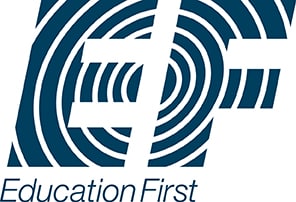
Adam Ruddick
Head of Production at Casual Films
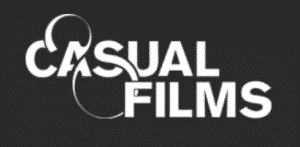
Patricia Leon-Fedorko
Account Specialist at Advanced Language
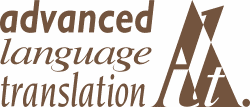
Philippa Strandberg-Long
Deputy Course Leader - Acting, Italia Conti
Lucas Cole
Sales and Marketing Director at Epipheo
The Complete Solution To Adapt Your Content
Looking to get your entire project under one roof? Look no further, we can help you make life easier for you!

- Neumann Microphones
- On-hand Sound Engineers
- Talented Voice Over Actors
- State-of-the-art Recording Studios

- Tailored to Your Business
- Stringent Quality Control Process
- Laser-Focused Project Managers
- Global Network of 600+ Languages

- Professional Subtitlers
- Open/Closed Captions & Web
- Industry-Standard Software
- Subtitle Burn-in & Graphic Editing

- Improve accessibility
- Reach a wider audience
- Increased SEO and video views
- Maximise your video's engagement

